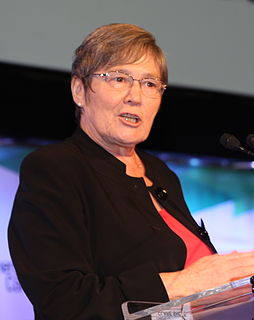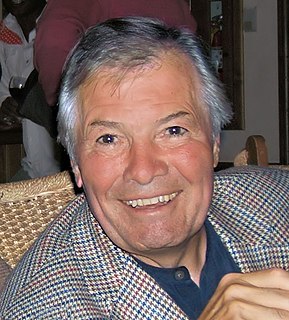A Quote by Charlotte Rampling
I'd had a French education for three years, my father being in the army. From 9 to 12, I went to French school. I've been sort of part of the culture, part of the geography, since I was quite young - the imprint was there. And I loved it.
Related Quotes
I went to Brown to be a French professor, and I didn't know what I was doing except that I loved French. When I got to Paris and I could speak French, I know how much it helped me to establish relationships with Karl Lagerfeld, with the late Yves St. Laurent. French, it just helps you if you're in fashion. The French people started style.
One of the facets of growing up the way I did, I never had the experience of being solely in the black community. Even my family, my mother is what they call Creole, so she's part French, part black, and grew up in Louisiana. It's a very specific kind of blackness that is different than what is traditionally thought of as the black community and black culture. So, I never felt a part of whatever that was.
Food can be utilized for economic reasons, like the grain embargo of Carter 40 years ago. You have a political decision, you are going to move the flow of food in a part of the world and not another part of the world. And certainly now, with the way the country is polarized and all that, you wouldn't want to have a French menu, with a French thing - you'd be crucified! Or anything like that. You have to be a real American and apple pie and this and that.



































